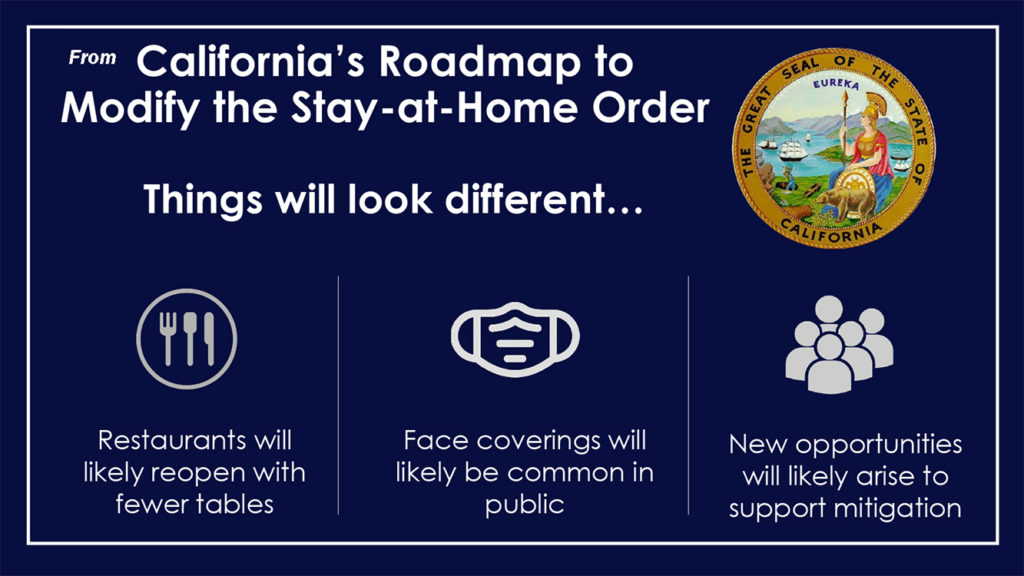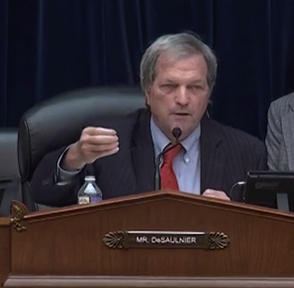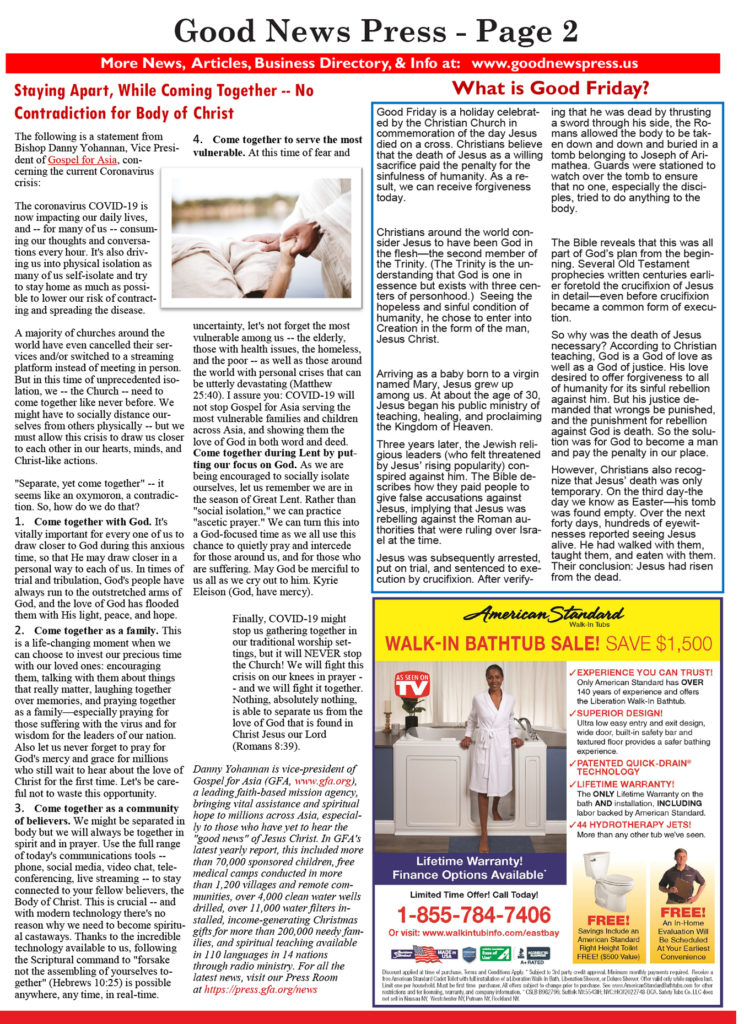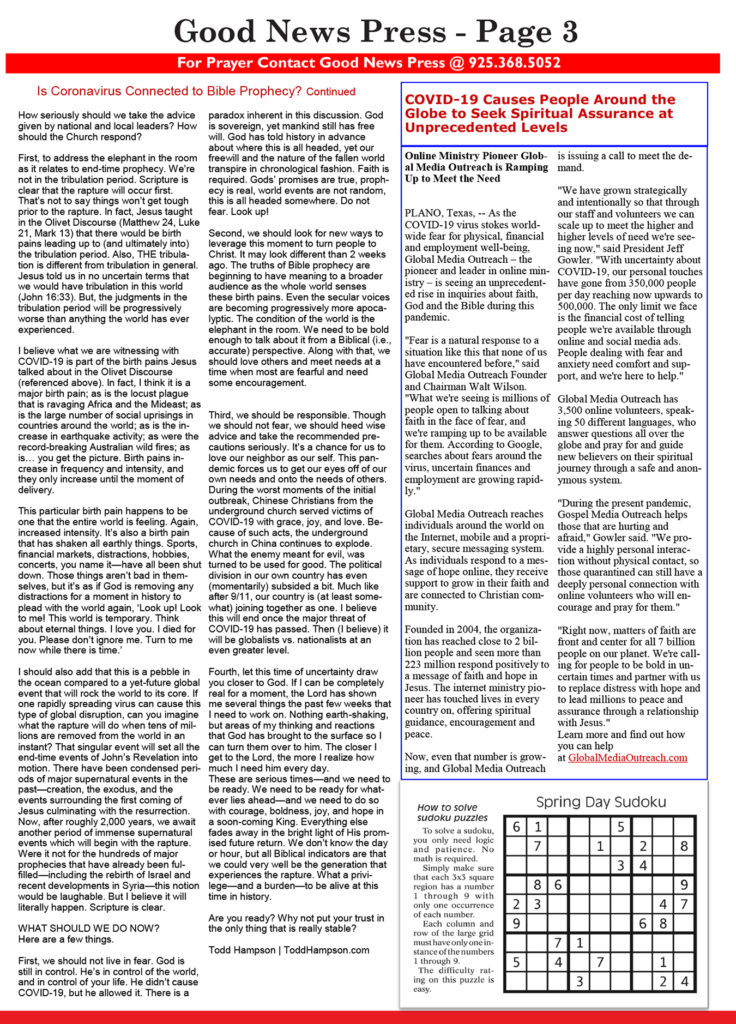Gov. Newsom unveils six indicators he will consider before modifying stay-at-home order
Tuesday, April 14th, 2020
SACRAMENTO (April 14, 2020) – Governor Gavin Newsom today unveiled six key indicators that will guide California’s thinking for when and how to modify the stay-at-home and other orders during the COVID-19 pandemic. (View presentation here)
The Governor noted that the progress in flattening the curve, increased preparedness of our health care delivery system and the effects of other COVID-19 interventions have yielded positive results. However, these actions have also impacted the economy, poverty and overall health care in California. Any consideration of modifying the stay-at-home order must be done using a gradual, science-based and data-driven framework.
“While Californians have stepped up in a big way to flatten the curve and buy us time to prepare to fight the virus, at some point in the future we will need to modify our stay-at-home order,” said Governor Newsom. “As we contemplate reopening parts of our state, we must be guided by science and data, and we must understand that things will look different than before.”
Until we build immunity, our actions will be aligned to achieve the following:
- Ensure our ability to care for the sick within our hospitals;
- Prevent infection in people who are at high risk for severe disease;
- Build the capacity to protect the health and well-being of the public; and
- Reduce social, emotional and economic disruptions
California’s six indicators for modifying the stay-at-home order are:
- The ability to monitor and protect our communities through testing, contact tracing, isolating, and supporting those who are positive or exposed;
- The ability to prevent infection in people who are at risk for more severe COVID-19;
- The ability of the hospital and health systems to handle surges;
- The ability to develop therapeutics to meet the demand;
- The ability for businesses, schools, and childcare facilities to support physical distancing; and
- The ability to determine when to reinstitute certain measures, such as the stay-at-home orders, if necessary.
The Governor said there is not a precise timeline for modifying the stay-at-home order, but that these six indicators will serve as the framework for making that decision.
He also noted that things will look different as California makes modifications. For example, restaurants will have fewer tables and classrooms will be reconfigured.
For more information on California’s response, visit covid19.ca.gov.














 Residential care and other licensed healthcare facilities in Contra Costa County must screen all staff and visitors for signs of illness and adhere to a strict masking policy, according to a new health officer order that begins Tuesday.
Residential care and other licensed healthcare facilities in Contra Costa County must screen all staff and visitors for signs of illness and adhere to a strict masking policy, according to a new health officer order that begins Tuesday. OAKLAND, Calif. – An agreement with healthcare giant Kaiser Permanente will ease some of the major burdens facing workers on the frontlines of the coronavirus pandemic, including assistance with childcare and temporary shelter, and extra leave for workers who are tested or diagnosed with COVID-19.
OAKLAND, Calif. – An agreement with healthcare giant Kaiser Permanente will ease some of the major burdens facing workers on the frontlines of the coronavirus pandemic, including assistance with childcare and temporary shelter, and extra leave for workers who are tested or diagnosed with COVID-19.
















